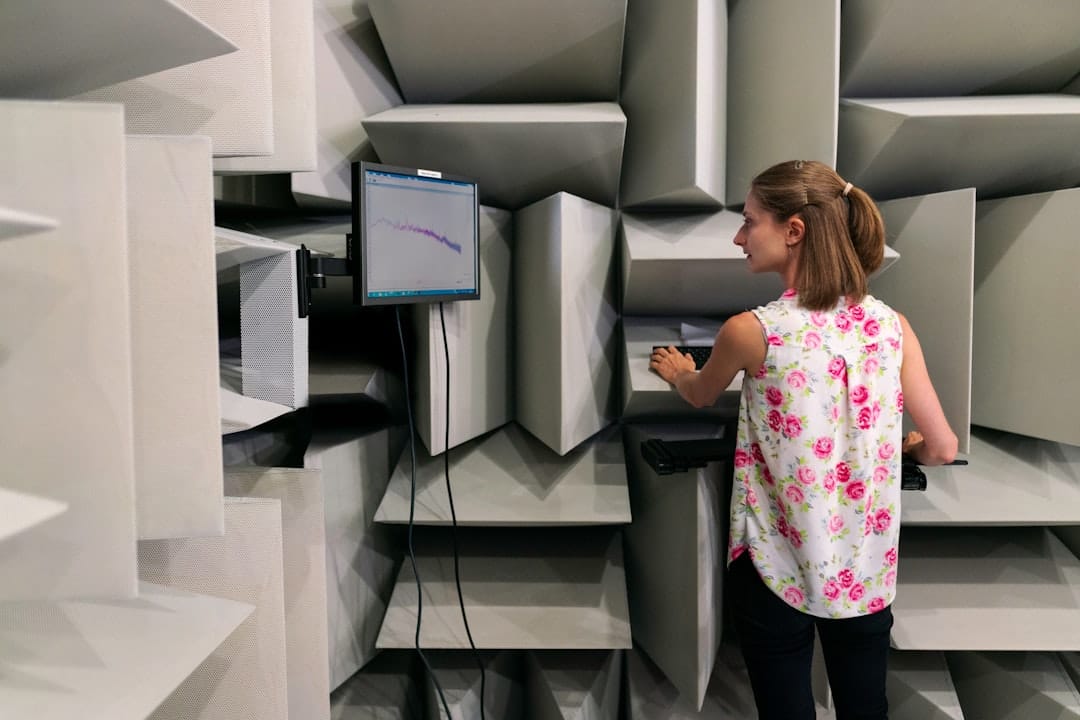Amazon’s recent release of SWE-PolyBench, a tool designed to evaluate the performance of AI coding assistants, has shed light on a dirty secret that many developers may not be aware of. While AI coding assistants such as GitHub Copilot and TabNine have been hailed as revolutionary tools that can help streamline the coding process, they may also be compromising the quality of the code being generated.
SWE-PolyBench works by comparing the code generated by AI coding assistants with code written by human developers. It evaluates criteria such as code readability, efficiency, and accuracy to provide an overall performance score. The results of SWE-PolyBench’s evaluation have been eye-opening, revealing that AI coding assistants often fall short in key areas that are crucial for producing high-quality code.
One of the biggest issues highlighted by SWE-PolyBench is the lack of readability in code generated by AI coding assistants. While these tools are designed to help developers write code faster, they often sacrifice readability for brevity. This can make the code difficult to understand for other developers who may need to work on it in the future, leading to potential bugs and errors down the line.
In addition to readability, SWE-PolyBench also found that code generated by AI coding assistants can be inefficient and bloated. These tools may prioritize completing a task quickly over writing optimized code, resulting in code that is inefficient and resource-intensive. This can have a negative impact on the performance of applications and systems that rely on this code, ultimately leading to slower execution times and increased resource usage.
Furthermore, SWE-PolyBench exposed the fact that AI coding assistants may struggle with accuracy when it comes to certain coding tasks. While these tools are adept at completing routine tasks and writing boilerplate code, they can sometimes produce incorrect or unreliable code when faced with more complex or nuanced challenges. This could lead to critical bugs and vulnerabilities in applications that are built using code generated by AI coding assistants.
Overall, the release of SWE-PolyBench has highlighted the need for developers to be cautious when relying on AI coding assistants. While these tools can be valuable resources for speeding up the coding process, they should not be used as a substitute for critical thinking and best coding practices. Developers should always review and test code generated by AI coding assistants thoroughly to ensure it meets high standards of quality and reliability.
In conclusion, Amazon’s SWE-PolyBench has exposed a dirty secret about AI coding assistants – they may not always produce code that is readable, efficient, and accurate. Developers should approach these tools with caution and be mindful of the potential risks associated with relying too heavily on AI assistants for coding tasks. By maintaining a critical eye and incorporating best coding practices, developers can leverage AI coding assistants effectively while ensuring the quality and integrity of their code.





